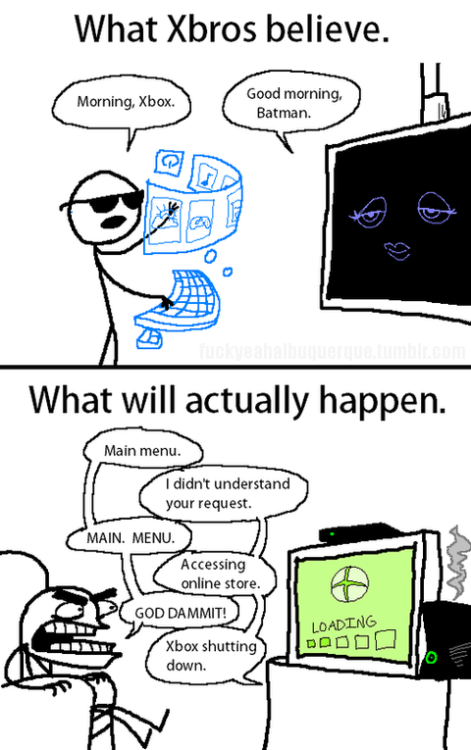The comments are interesting, most people don't see it happen.Thanks to a handful of emerging technologies, virtual touch-screen keyboards are getting closer to the feel of real electromechanical keyboards. Enhancements such as tactile feedback and surfaces that change to mimic physical keys could eventually redefine the virtual keyboard experience for millions of users of devices ranging from smartphones to tablets and touch-screen PCs.
Except me and the guy following my post, who has deep insight imo.
webwit wrote:I believe haptic screens will eventually take over. We already are typing on vastly inferior rubber dome keyboards, and even the famous IBM Model M was a cost saving exercise. Because people don't buy $500 keyboards. And most of the people who are against it or would always prefer a keyboard, are irrelevant in a way concerning the eventual outcome. Don't be offended, I am one of them. But it is about the new generation, the generation which grows up using smart phones and tablets. Who message each other at high school etc. They will prefer a haptic touch screen experience over the weird huge input machines "old people" use.
Gerard J. Cerchio wrote:My first computer was analog, purchased from a 1959 comic book. My second computer was a 3 bit digital mechanical kit. I was the first on my block with a home PDP 11/23 in the 1970's.
I am a member of first crop of computer users who are materialists. We created the gateway to the virtual world. TNG are virtual. More eastern, the tango with cyberspace has become a kata. Precision of movement during self expression is becoming a given. TNG is careful of the any word placed in the cyber realm by the time they reach 20.
The thought that they will require feedback for expression is as ludicrous as saying a person of my generation cannot speak without hearing one's own voice.


